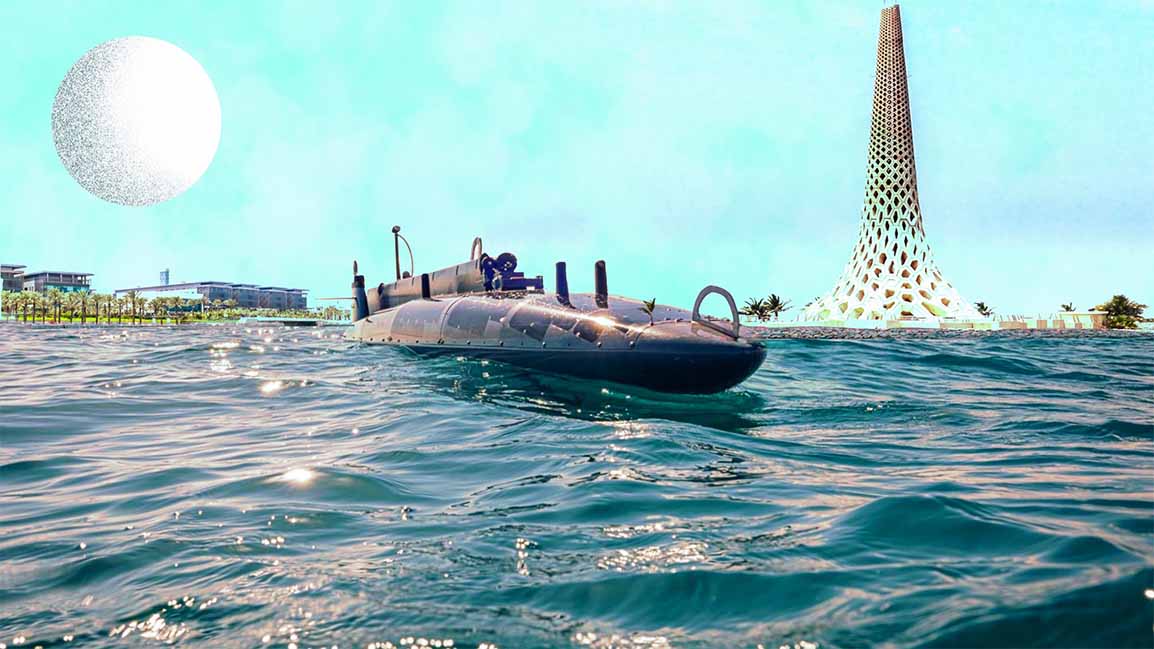- | 10:00 am
KAUST to deploy autonomous underwater vehicles in the Red Sea
The King Abdullah University of Science and Technology will use Ocean Aero’s AUSVs to collect data on unusual currents and biodiversity via sensors.

As part of the Road Transport Authority’s strategy, 4000 self-driving cabs are expected to be running on Dubai’s roads by 2030. The city launched its first autonomous security surveillance boat during the pandemic in 2020. The King Abdullah University of Science and Technology (KAUST) was the first to introduce autonomous shuttles in Saudi Arabia on its campus.
Now KAUST has partnered with Ocean Aero to deploy AI-driven underwater vehicles for enhancing research beneath the surface of the Red Sea. Ocean Aero will bring the AUSVs to the kingdom’s coast in collaboration with marine service firm Shelf Subsea. Ocean Aero has developed the world’s first autonomous underwater vehicle, which is environmentally powered and can sail and submerge itself.
The model called TRITON Generation 3 is capable of being at sea on its own for months, thanks to solar panels and batteries. KAUST can embed sensors onto the AUSV to collect data about unusual currents and biodiverse habitats in the Red Sea. The partnership is also set to enhance KAUST’s Coastal and Marine Resources Core Lab, where the university can develop its autonomous underwater vehicle.
KAUST’s engineers are also working on integrating AI and IoT into sensors on AUSVs. The push for enhanced research in the Red Sea is part of Saudi Arabia’s vision 2030 and the UN’s Decade of the Ocean Science For Sustainable Development project.































